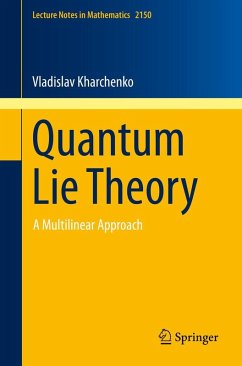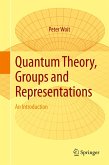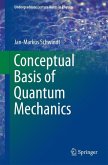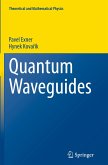This is an introduction to the mathematics behind the phrase "quantum Lie algebra". The numerous attempts over the last 15-20 years to define a quantum Lie algebra as an elegant algebraic object with a binary "quantum" Lie bracket have not been widely accepted. In this book, an alternative approach is developed that includes multivariable operations. Among the problems discussed are the following: a PBW-type theorem; quantum deformations of Kac--Moody algebras; generic and symmetric quantum Lie operations; the Nichols algebras; the Gurevich--Manin Lie algebras; and Shestakov--Umirbaev operations for the Lie theory of nonassociative products. Opening with an introduction for beginners and continuing as a textbook for graduate students in physics and mathematics, the book can also be used as a reference by more advanced readers. With the exception of the introductory chapter, the content of this monograph has not previously appeared in book form.
"The contents of the chapters 2-8 are mostly based on papers of the author and are here presented as a unified, self-contained whole with the first chapter containing the necessary preliminaries, making the exposition more accessible to a broader audience. ... Each chapter ends with detailed notes providing pointers to literature and some open questions related to the presented material are discussed as well." (Isar Rober Goyvaerts, zbMATH 1337.17001, 2016)








